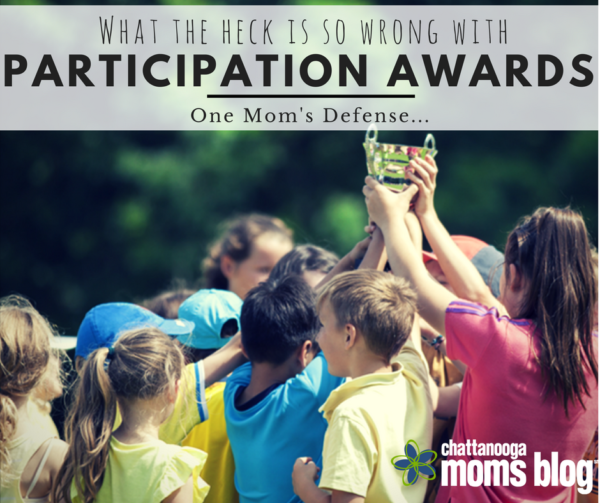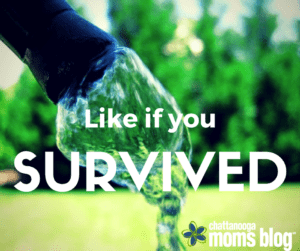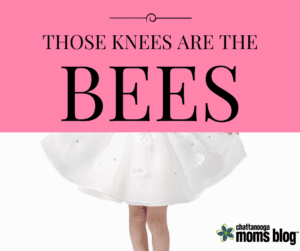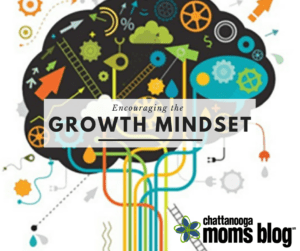
Trigger Alert: Apparently lots of people feel quite strongly about this topic. Are you one of them? Give us your thoughts along with your mailing address, and we’ll be sure to send your participatory prize!
Let me begin by admitting that I really have no dog in this hunt. At least not yet. Mercifully, we’re still a little ways away from organized sports and school award ceremonies. Every weekend though I watch exhausted neighbors drag themselves out of the car after a full day spent at the sports ball field. I sip my summer sangria from the comfort of my porch and enjoy a silent moment of evil amusement that we have a little more time before all that fun.
But I can’t help getting my yoga pants in a twist every time I see yet another article title or comment attributing ‘participation trophies’ to the perceived problems with today’s kids.
Children growing up today have a lot to contend with — there’s no arguing that. Childhood was simpler for those of us who grew up in the eighties and nineties, as so many memes floating around will tell you. Yes we know we survived drinking from the water hose, nitrates in our hotdogs, sunscreen and bug spray, riding a bike without a helmet, etc. ad nauseam. It’s as if our parents want a trophy for avoiding disaster whilst flirting with it? Calm down Mom, I’m kidding…sort of.

It’s a different world we’re raising kids in now — we know a lot more than we did back then. And that’s not a judgment; it’s simply a beautiful truth about human advancement. We know that diet matters in the overall health in kids, and that helmets work. Somewhere along the way, the idea to recognize ‘effort’ in addition to ‘winning’ became the cultural norm. I simply fail to see how that’s a negative thing.
Here’s Why: Kids don’t need help picking winners and losers.
Participation awards aren’t all that new. My mother briefly put me in the pageant circuit when I was a kid; I have the awful pictures to prove it. Even way back then, everyone got an award. But despite my ribbon for ‘Most Symmetrical Knees’ or something ridiculous like that, I knew I was not the winner. I was keenly aware of the difference between myself and the blonde little cherub receiving the shiny trophy so big she had to wheel it out on a wagon. Whether my participation award was due to the amount of money my parents paid for entry or to make the car ride home a little less humiliating, I’m not sure. It pulled double duty that day.

Here’s the thing: Competitiveness comes naturally to most people.
It was true back then and it’s true now. Kids are super adept at picking out the fastest, smartest, best looking, smallest, and poorest among other characteristics between themselves. They can do this shockingly early in life. So while a ‘participation award’ might make the smallest and slowest of the pack feel a little bit more confident, it’s unlikely there will be any difficulty for the kids to pick out the real ‘winners.’ Do they really need that much help from us?
Praising Effort Pays Off.
Recently, a family counselor friend introduced me to the concept of the ‘growth’ mindset. For several decades, Dr. Carol Dweck has been studying the attitudes of children toward failure and how it affects their ability to learn. A quick google search yields dozens of excellent articles describing in detail the complexities and practical application of this theory, and they are well worth the read for any parent or teacher. The science is pretty compelling that our brains are far more malleable than previously thought. Researchers are beginning to understand the powerful link between mindset and achievement. For example, a kid operating with a ‘fixed’ mindset is likely going to focus heavily on the end result, which is great in the event of victory. Failure, however, often leads that same kid to feelings that all the effort was wasted. They may make decisions of overall ineptitude in that area. i.e. ‘I’m bad at math.’
Parents and teachers have a unique opportunity to cultivate the ‘growth’ mindset in our children by praising effort and persistence, rather than focusing on results. This thought process teaches kids that failure is merely a temporary setback to eventual improvement. The ‘growth’ mindset prizes hard work and dedication to advance at something whether or not top placement is achieved. One’s best is often not the best. When kids are praised for exceptional effort and believe they can get better at something, odds are, they will.

What if participation was your kid’s only recognition?
Some kids will never win first place, no matter how hard they work or how hard they try. For some kids, participating is a magnificent achievement. One of my fellow contributors shared this story, and I’m sharing it with her permission:
“My older son has a condition called Dyspraxia which affected his motor coordination as a kid. As much as it pained me to see him on the court, he loved playing basketball and worked really hard even though he rarely got the ball. He tried harder than the kids who were naturally gifted athletes. And he got an award for that effort which made all the difference. I think if the rest of the kids had gotten an award and he didn’t, his spirit would have been wounded and he might never have played again. But instead, he kept at it and by middle school earned a spot on the team and when we moved here he tried out and made the team at his school. I think there is value in rewarding the kids who show up and try even if they are not superstars. Honestly, it takes a lot more effort for them sometimes.”
Adults LOVE Participation Points for Ourselves.
One of the most common arguments I’ve heard against participation awards is that they just don’t prepare kids for the real world. To which I say, wha?! You mean how we moms love to tell each other ‘You’re trying Momma, and that’s what counts!’ We’re great at reminding ourselves and each other that parenting is hard and mistakes happen. We also know that sometimes hard work does not always pay off, and no one wins. It’s the journey right? Again I say what’s so wrong with giving our kids the same level of latitude we give ourselves and our peers?



















